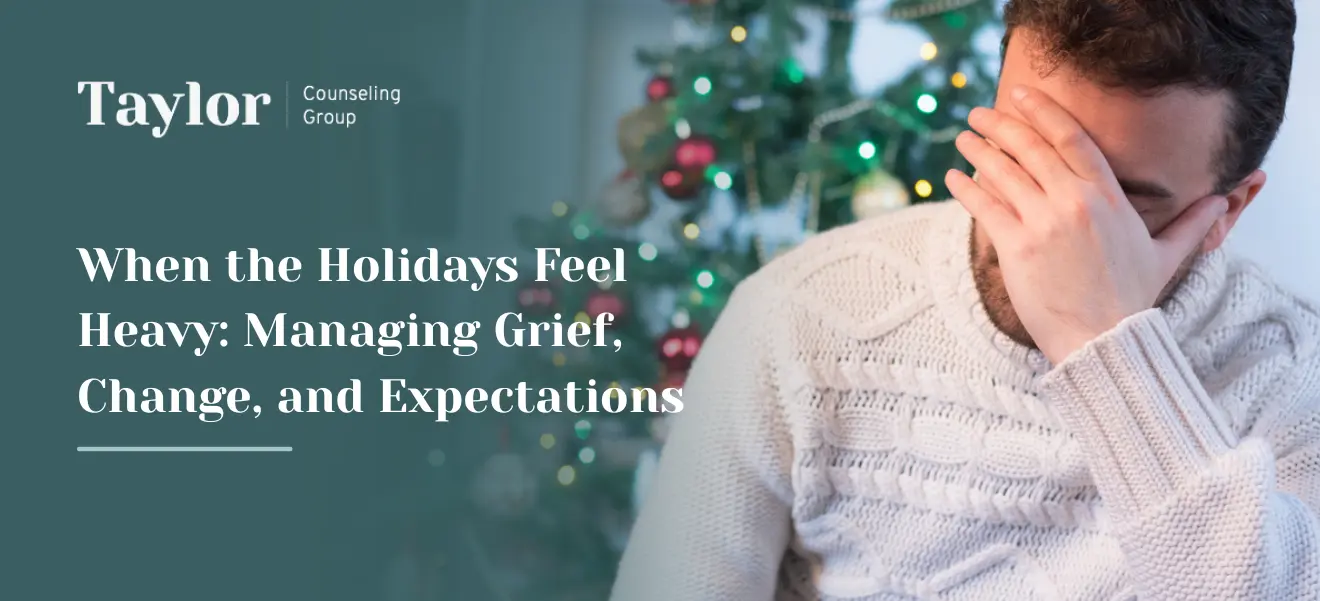We all mess up, make a misstep or fail from time to time. This is part of being human. (Side note: if you encounter someone who tells you they’ve never failed, run. This will not be a healthy relationship for you.) When we fail there are multiple options for response. Hopefully, you respond to yourself in a way that provides acceptance and understanding. If you’re like many, you don’t.
Our lives are made up of relationships, and one of the more influential relationships is the one we hold with ourselves. That’s right. You’re in a relationship with yourself, and this relationship needs nurturing, care, acknowledgment, and understanding just like all of the others. Since this is true, it’s ironic then to reflect on the things we think and believe about ourselves after failure. For many, these moments give way to the cruelest, least compassionate narratives the mind can create. Shaming, name-calling, and catastrophizing (thinking up the worst possible scenarios, often times in an irrational way) are common. Our minds create hurtful messages which reinforce old beliefs about our inabilities and insecurities. These are things many people would never say to others. They would never scream at a friend, “You’re such a screw up!” or “Everything you do falls apart!”. Yet, these messages are all too available in our relationships with ourselves.
Imagine if you did say these things to others, or if someone was saying those things to you. The relationship wouldn’t last long. Or, it would be incredibly dysfunctional. What then are these messages doing to the relationship you have with yourself?
The next time you fail, consider choosing one of the below statements to offer to yourself:
- “I can’t change what’s already happened.”
- “This moment is a result of over a million other decisions.”
- “The present is the only moment I have control over.”
- “Fighting the past only blinds me to my present.”
* Statements from: Dialectical Behavior Therapy Skills Workbook: Practical DBT Exercises for Learning Mindfulness, Interpersonal Effectiveness, Emotion Regulation, & Distress Tolerance
What you say to yourself matters. Every conversation you have is going somewhere. Make an effort to guide conversations with yourself to a healthy place.







